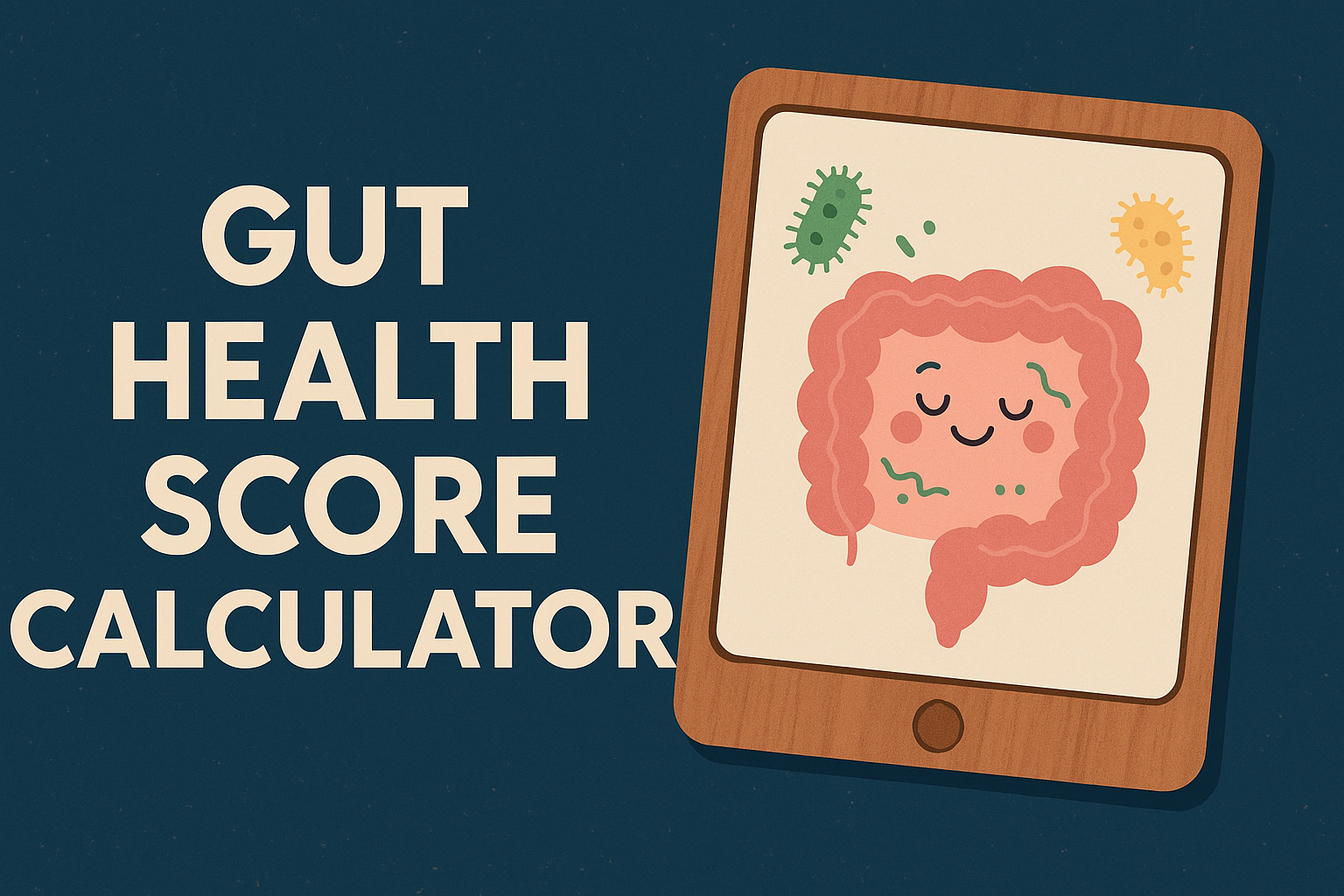The Silent Alarm
Obesity has quietly become one of the biggest public health crises in the world. But unlike other diseases that strike fear, obesity is often overlooked, normalized, or even joked about. So why aren’t people taking it seriously—even when lives are at stake?
1. Obesity Is Normalized in Society
With global obesity rates rising steadily, being overweight now seems “normal.” From media representation to fashion adapting to plus-size ranges, society has become more accepting—but often at the cost of ignoring the health dangers.
Fact: In the U.S., over 42% of adults are obese, according to the CDC.
2. It’s a Slow, Silent Killer
Unlike sudden illnesses, obesity-related diseases develop slowly. People don’t instantly connect being overweight with hypertension, sleep apnea, liver disease, or even cancer—until it’s too late.
3. Weight Bias and Body Positivity Misunderstandings
The rise of the body positivity movement has done wonders for self-esteem, but sometimes it blurs the line between acceptance and health negligence. Loving your body doesn’t mean ignoring the medical risks obesity brings.
4. Lack of Immediate Symptoms
Obesity often doesn’t cause noticeable symptoms early on. This can lead to the dangerous misconception: “If I feel fine, I must be healthy.” But beneath the surface, inflammation, insulin resistance, and arterial damage may already be underway.
5. Marketing of Unhealthy Foods
Fast food, sugary drinks, and ultra-processed snacks are marketed as convenient, affordable, and even comforting. Constant exposure makes it harder to make healthy choices, especially when junk food is cheaper than a salad.
6. Mental Health Link Ignored
Obesity is often intertwined with stress, anxiety, emotional eating, and depression. When mental health isn’t addressed, people might use food as a coping mechanism, continuing a dangerous cycle without even realizing it.
7. Misinformation and Fad Diets
Social media is filled with quick fixes—“Lose 10 kg in 10 days!”—which often backfire, causing frustration and yo-yo dieting. This misinformation makes it hard for people to trust real, evidence-based advice.
8. Healthcare System Delays & Stigma
Many avoid doctors due to fear of judgment or body shaming. Some even report that their legitimate health concerns are brushed off with a generic “lose weight” advice—leading to mistrust and avoidance.
9. Cultural and Socioeconomic Barriers
In some communities, larger body sizes are traditionally seen as signs of prosperity or strength. And for many low-income families, access to fresh, healthy food and safe exercise spaces is limited.
10. People Just Don’t See It as Urgent
Obesity doesn’t usually come with flashing red alarms. But when you look at the stats—increased risk of heart attack, stroke, infertility, Type 2 diabetes, and 13 types of cancer—it becomes clear: this is urgent.
🛑 Final Thoughts: It’s Time to Change the Narrative
Obesity isn’t just about looks—it’s about life and death. The sooner we stop trivializing it and start treating it as the serious health threat it is, the more lives we can save.
💬 Call to Action:
✅ Start with small changes.
✅ Talk openly about health risks with loved ones.
✅ Encourage better policies and education around nutrition and movement.
Let’s break the silence. Let’s fight obesity—not with shame, but with science, support, and awareness.



